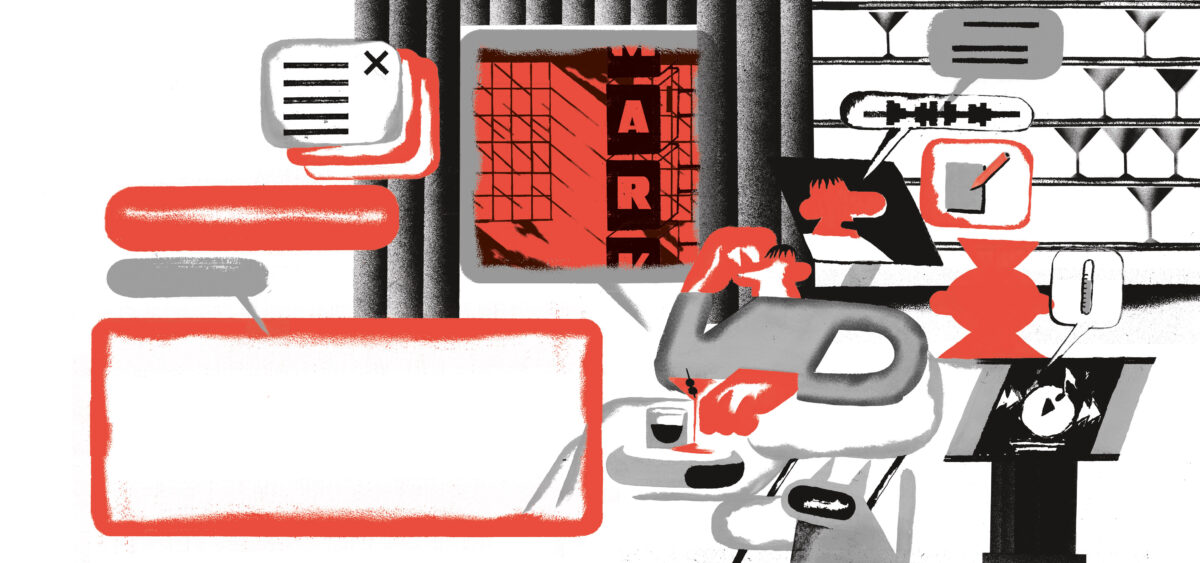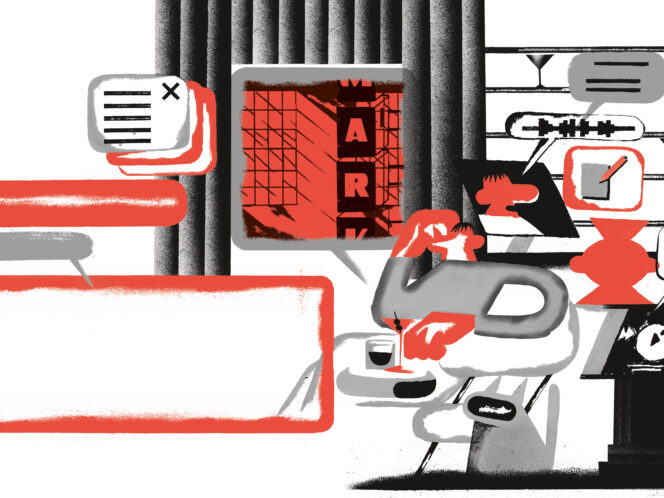
In Klara and the Sun, his first book since receiving the Nobel Prize in Literature, Kazuo Ishiguro depicts a world to be, where machines will have the same emotions, dreams and need for love as humans do.
Sylwia Stano: What have you done to prevent yourself from being struck by hubris after winning the Nobel Prize?
Kazuo Ishiguro: I hope I might be protected to some extent by the advice I’ve had from other Nobel Prize winners. I haven’t met many writers who have won the Nobel Prize, but I have met a lot of scientists who have. Among the scientific community, people have identified something called the ‘genius syndrome’. There is an acknowledged phenomenon of scientists who think that because they won the Nobel Prize, they are a genius at everything. This becomes embarrassing. It’s very obvious that they don’t know anything about these areas and they make fools out of themselves. It’s more obvious in the science field. But I think possibly people who win the Nobel in Literature are just as vulnerable to that. So I had to protect myself against not so much hubris, but the ‘genius syndrome’. I had to remember that I was given my Nobel Prize for doing something quite small. Just my little bit of work. I should understand that I’m not able to now branch out into all kinds of things. I should be quite humbled, as well as very grateful.
How has winning the Nobel Prize changed your life and the way you write?
I’m not sure about that. It was a wonderful experience. A fantastic honour. I feel quite embarrassed that I was given that prize when there are so many great writers who have not won it. I’m very grateful, but I feel like it happened in a parallel universe to a different version of me. And when I come back to my study, it’s exactly the same. It’s very untidy, there is paper everywhere, my problems as a writer are exactly the same. In fact, they are usually quite large. I don’t seem to have become any more intelligent or any more imaginative. Often the reverse, I think.
As far as this book, Klara and the Sun, is concerned, I was one-third of the way through it when the Nobel Prize struck me. Almost like a lorry or something – hitting me while I was walking in the street. I wasn’t expecting it in any kind








